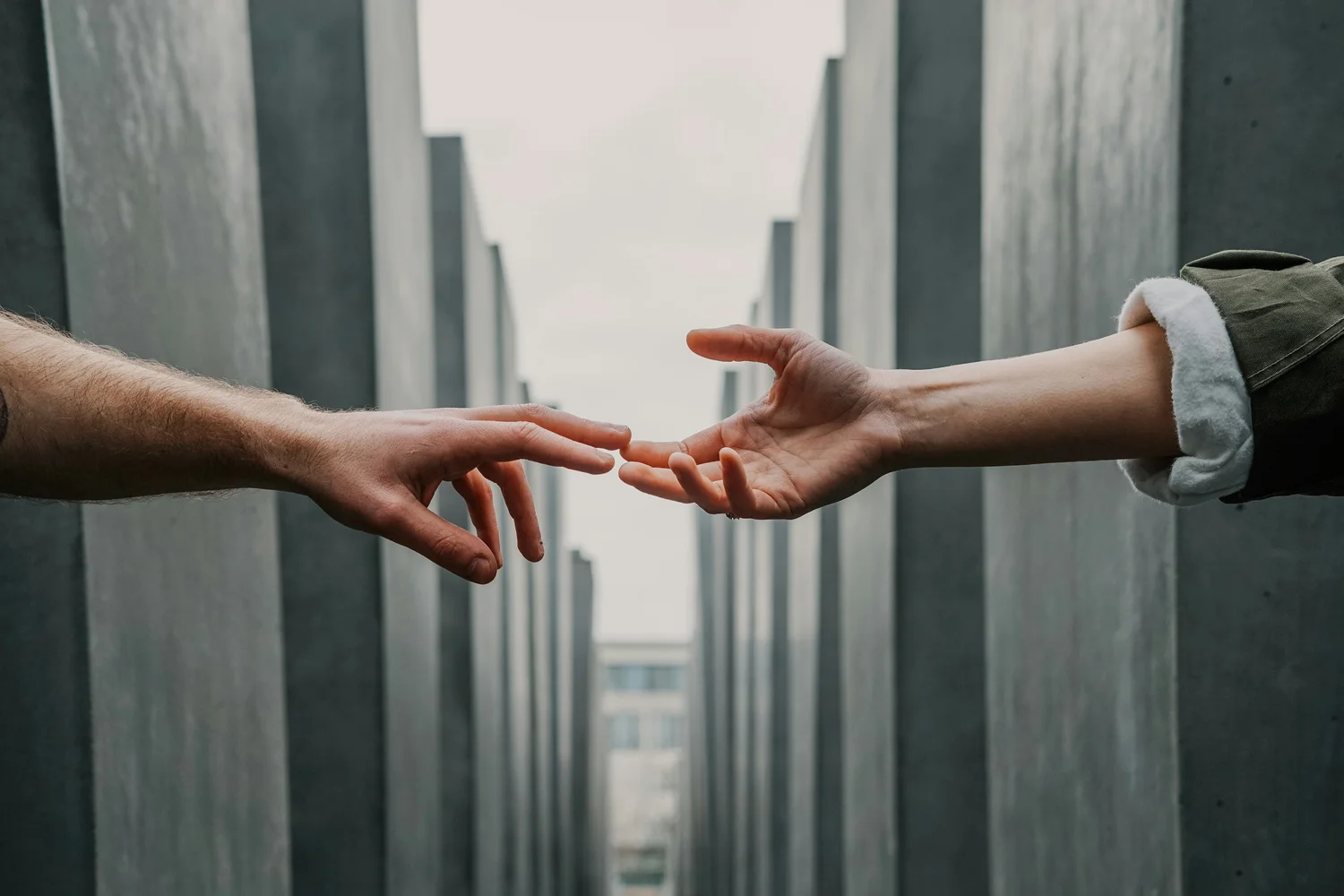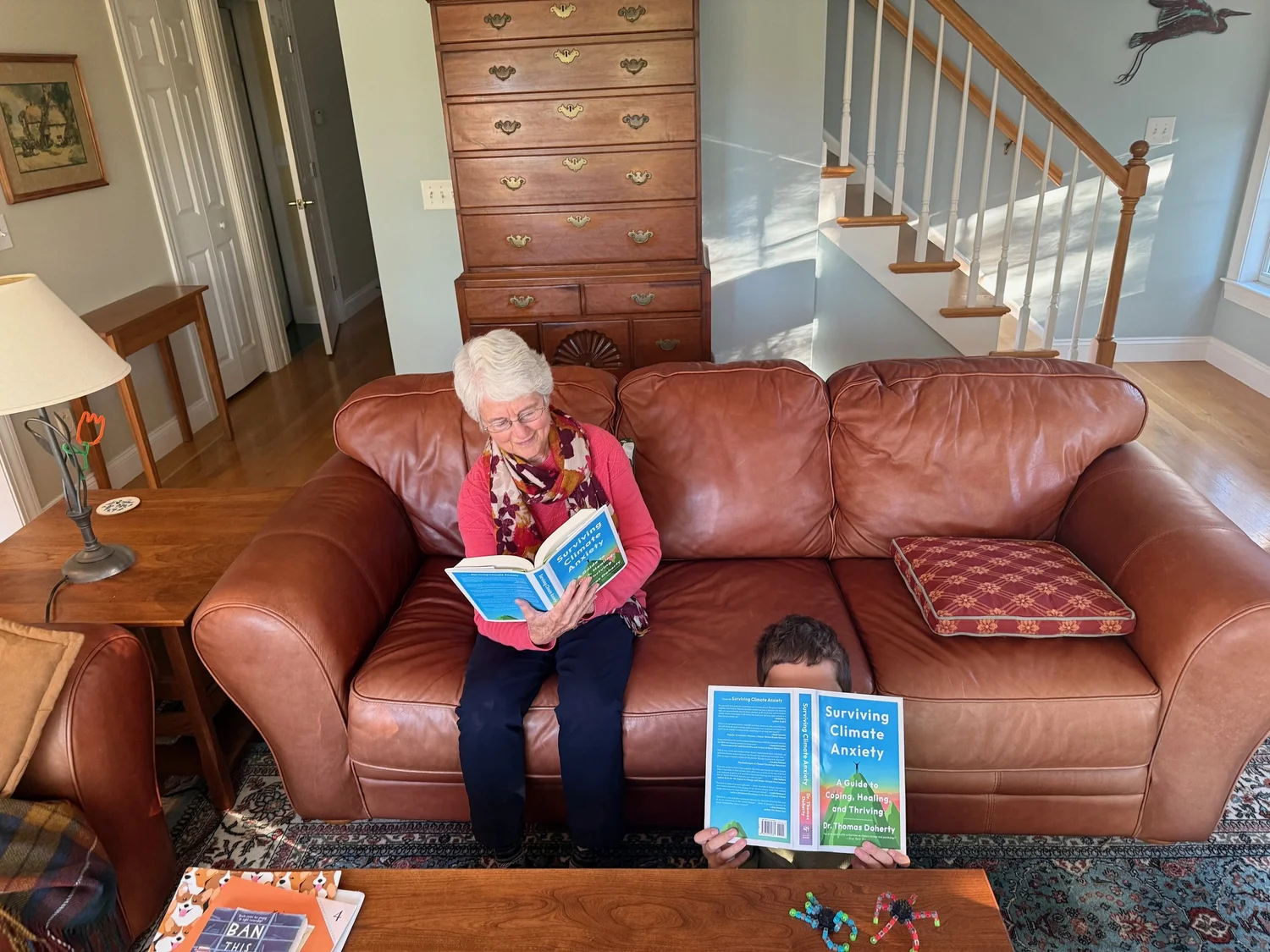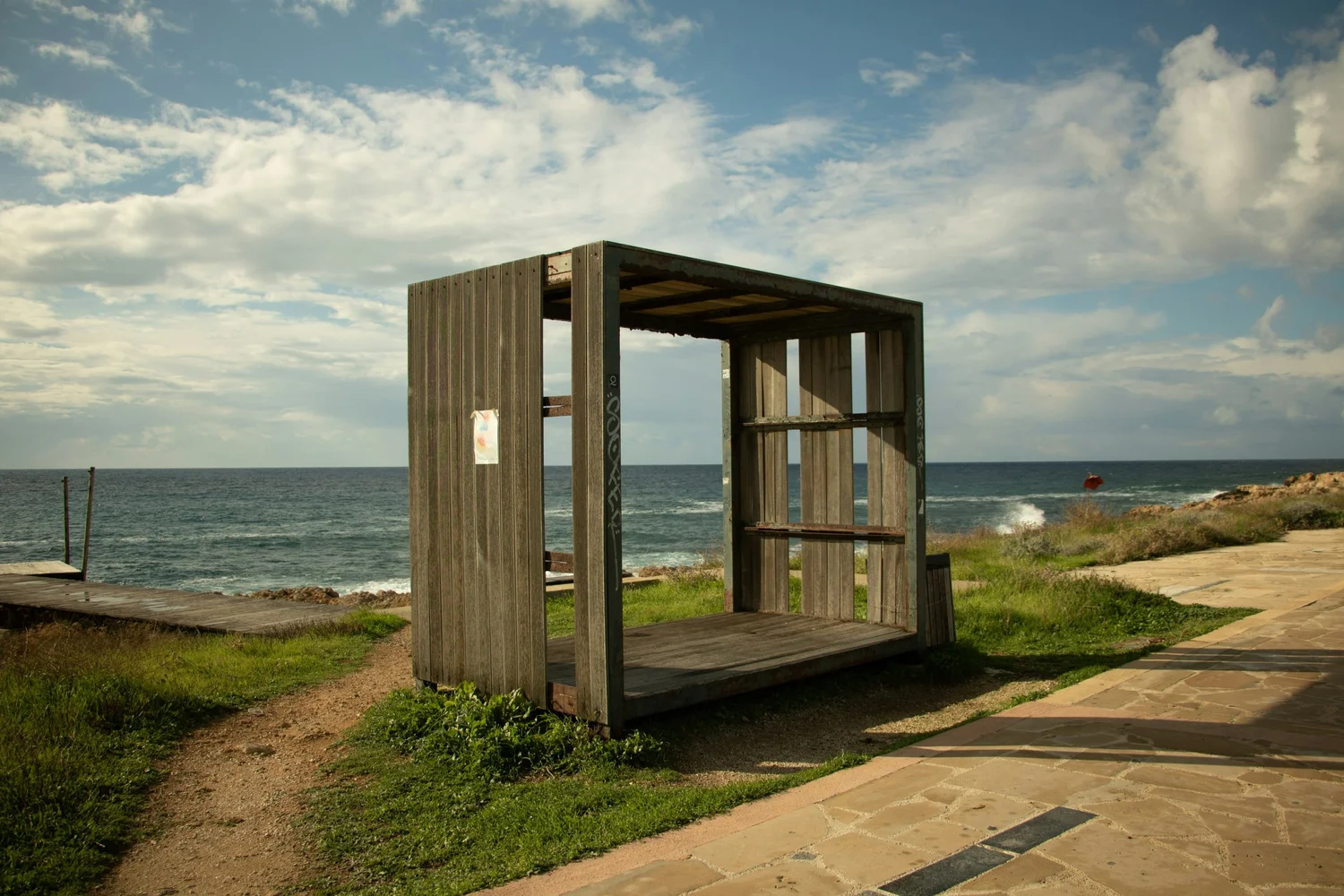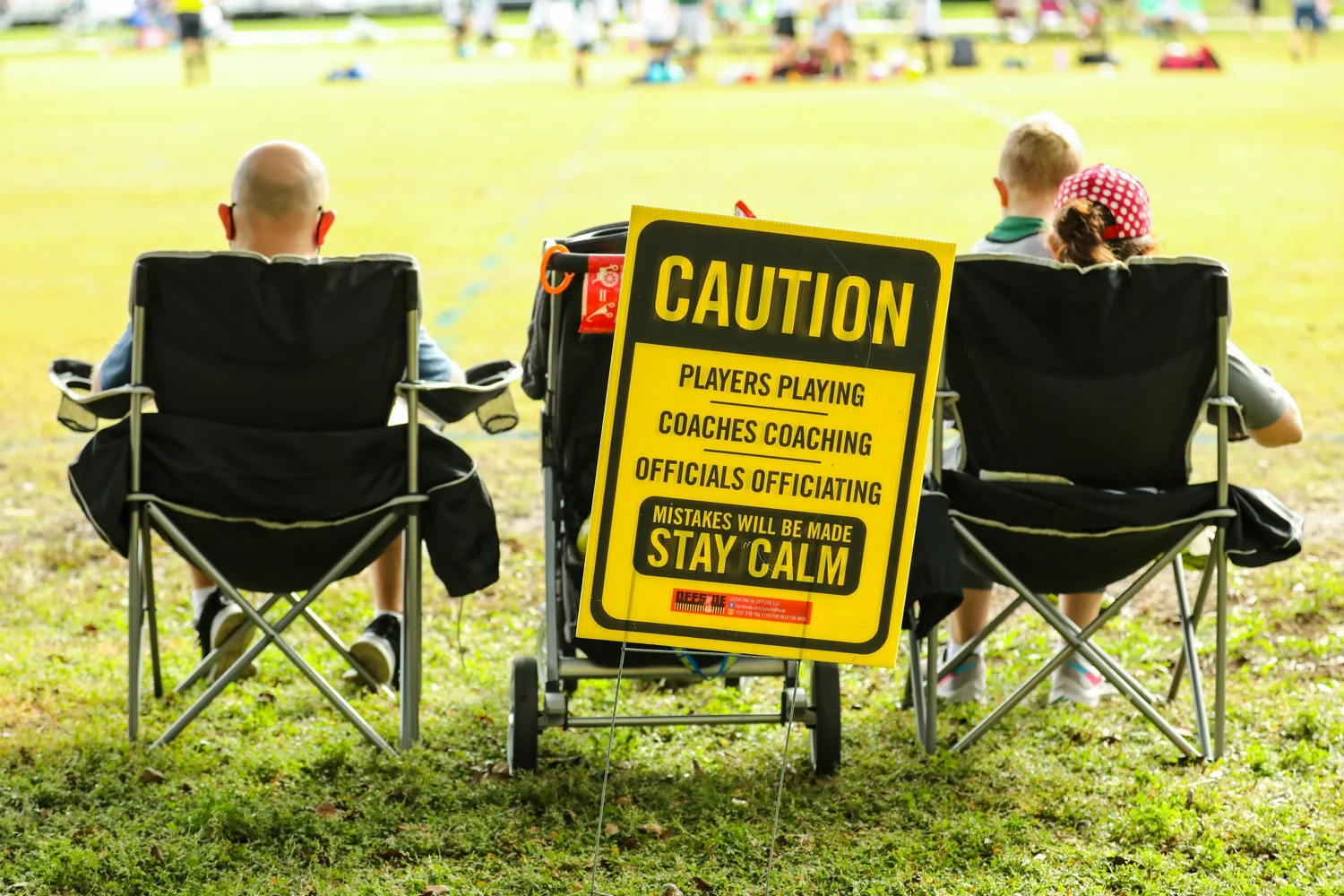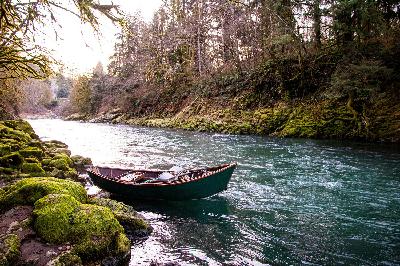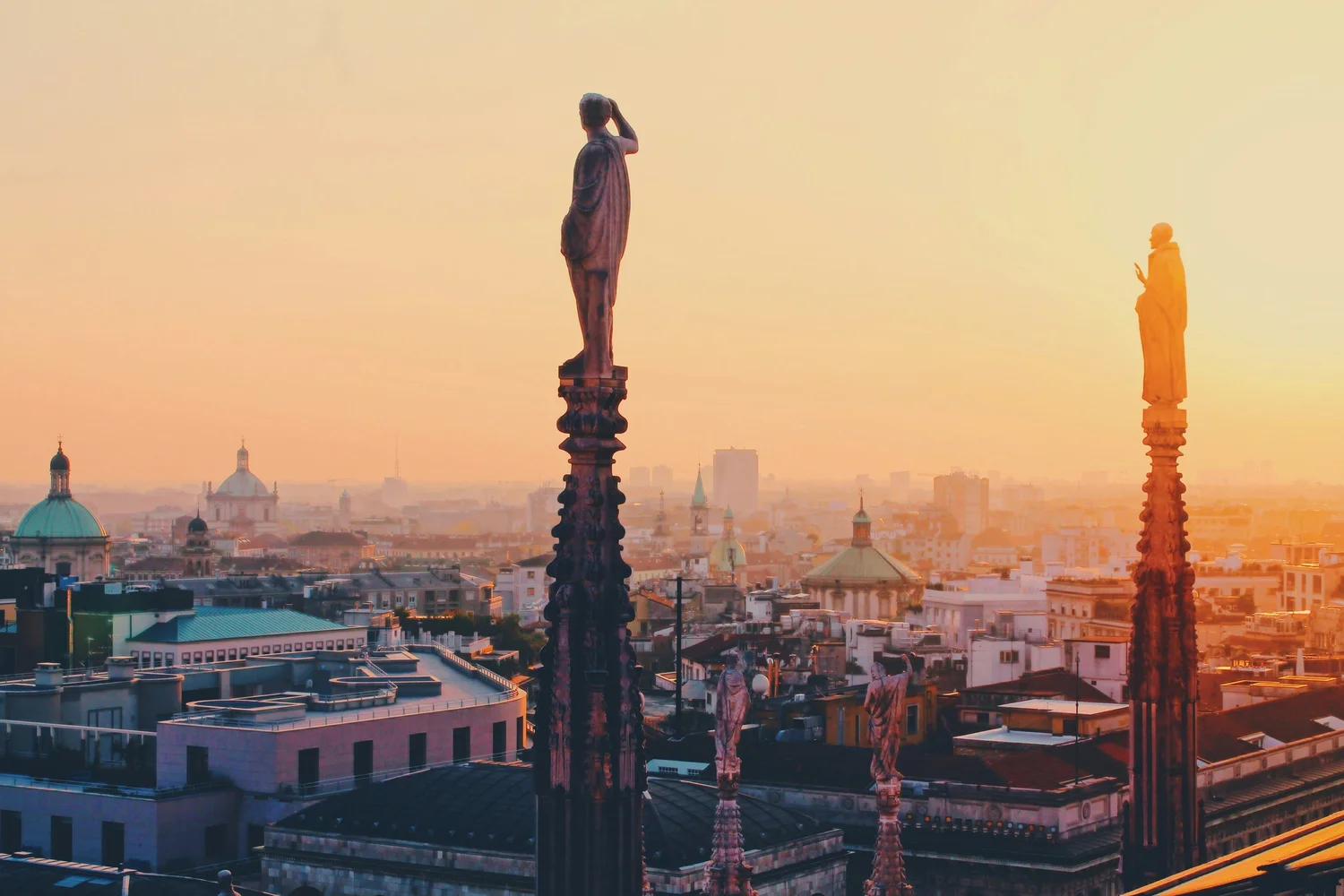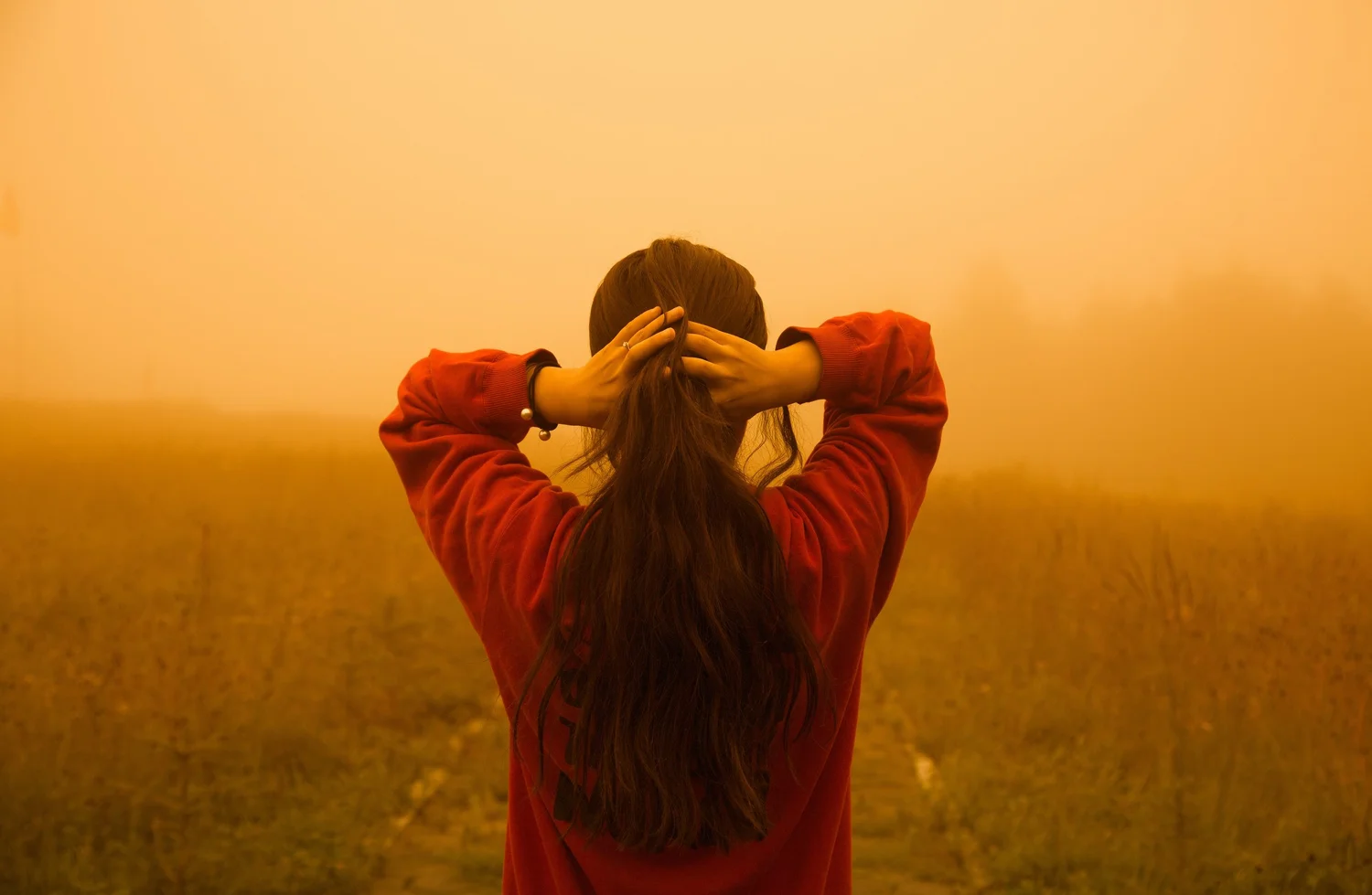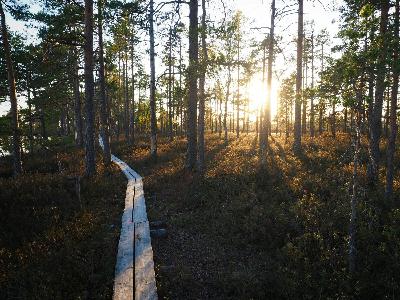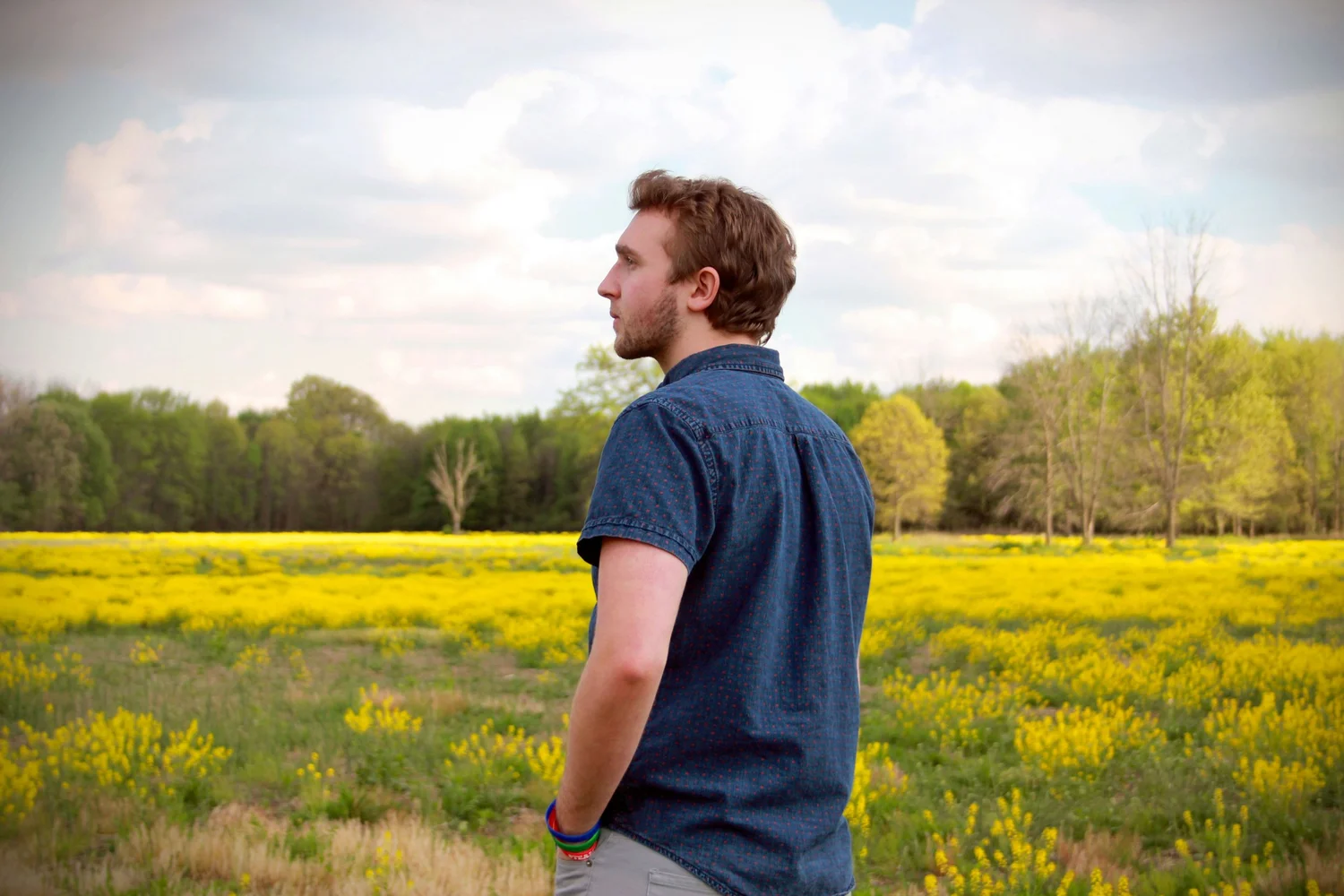Season 4, Episode 17: Eco-Friends Part II: Thomas and Panu Meet in Person!
Description
<figure class="
sqs-block-image-figure
intrinsic
">

<figcaption class="image-caption-wrapper">
image credit | Toa Heftiba
</figcaption>
</figure>
Season 4, Episode 17: Eco-Friends Part II: Thomas and Panu Meet in Person!
Here’s to in-person connections! Most people don't know that up until just a few weeks ago Thomas and Panu had never met in person. They had connected over long distance and constructed their podcast dialogue over the last few years solely through electronic means. So, it is very special to us that this episode was recorded over Thomas's living room table in Portland Oregon while Panu was visiting during his tour of the United States. So, join us as the pair discuss their podcast relationship, current events, and what Panu has been seeing and learning during his visit to Charlottesville, Virginia and across Northern California, and his hikes in the redwoods. This episode goes well with our recent theme of eco-friends, and we hope it encourages you to re-connect — in person — with someone you care about and who also shares your care for people and planet.
Transcript
[music: “CC&H theme music”]
Introduction voice: Welcome to Climate Change and Happiness (CC&H), an international podcast that explores the personal side of climate change. Your feelings, what the crisis means to you, and how to cope and thrive. And now, your hosts, Thomas Doherty and Panu Pihkala.
Thomas Doherty: Well hello, I’m Thomas Doherty.
Panu Pihkala: And I am Panu Pihkala.
Doherty: Welcome to Climate Change and Happiness, this is our podcast. It’s a show for people around the globe who are thinking and feeling deeply about the personal side of climate change, particularly their emotional responses and how they think about these issues and how it affects them in their daily life. And we have a special episode today. I was going to say I have
a special guest and that's technically true because I'm actually sitting here in person with Panu. A lot of people don't realize that we had never met in person until just two days ago. We've only known each other through a distance. Panu happens to be here in Portland and we're recording on-site in Portland, Oregon. So, we have a loose theme about connections, coping, and friendships. Panu's been traveling in the US and Panu, how are things going? How's your
Panu's trip to America been going so far?
Pihkala: Thanks for asking, Thomas, and a great pleasure to be here in Portland live. I also want to credit our audio person, Mark, who is sitting close to us and who usually also operates online and takes care of sound quality. Thanks for that Mark. It’s been a while since I was in the states. I try to be mindful of the environmental emissions of travel and then with Covid-19. People have been surprised to hear that we’ve been doing this podcast for more than three and a half years and we’ve never met in person. So, that’s of course the great benefits of modern technology, that it’s possible to do this. But, on the other hand, it’s great to be here and meet live. What brought me to the states was a conference at Stanford that was about applying humanities research into societal and public spheres. Its official name is a bit technical: Applied Collaboratory for Religion and Ecology Scholarship. So, there was an emphasis on people who studied the relationship between religion and environment and that’s something we’ve touched upon in previous episodes of the podcast. But while I’m here, there have also been other talks and meetings. One in Charlottesville, Virginia that was about working with eco-anxiety between academia and society and then meetings in San Francisco with people in the climate psychology field and meeting various folks here in Portland. So, it's been a very interesting road trip done in quite curious times considering the political situation in states and other places.
Doherty: So, you've been to the United States before and what are some of the things that you appreciate about the US. Or what are some things that you really enjoyed on this visit that are the best parts of this country?
Pihkala: People sometimes ask me that in Finland. What is it like to be in America? My longest period here was in 2011, almost half a year, when I was doing my PhD and that was mostly in Chicago but then also visiting other places. My only previous time on the West Coast was then in 2011. Since then, I’ve been to other places and there’s great wonderful people I’ve met on all of these journeys to the states. And of course, the landscapes and scenery are fabulous. It’s sometimes a challenge when you are living next to natural wonders at how much you are able to retain, an ability to appreciate how special those are. Well luckily many people do and there’s certainly lots of very special things around. Near the West Coast, during this trip, I had the pleasure of driving from Monterey to Oregon over many days. So, I saw the coastline and the mountains, and the Redwoods and those are really really special and reminded me of my early readings of folks like John Muir who loved the Redwoods. This was my first time seeing the Blue Ridge Mountains and they have some similarities with mountains in Scandinavia, there’s some ancient bedrock. But anyways, both people and the scenery. There’s lots of special things around here.
Doherty: Yeah, it can be really stressful if you get into the news and think about armed conflicts around the world and intolerance and economic issues and political problems. So, it's nice to remember that for a lot of us, we still like to visit people and travel, and there's nothing like going to a new place you've never seen before like the Redwood Forest in the US. You know, defies words, you have to see it to understand it. And how nice it is to be in other places like in Virginia, in Charlottesville, right? You were at the university there with Thomas Jefferson's architecture and things like that.
Pihkala: Yeah, it was a very interesting place. The University of Virginia, Charlottesville has this lawn and Jefferson designed the buildings around it and the students live right next to the lawn. So, during an ordinary evening, there's somebody playing the guitar and people doing sports. I joined a couple of guys doing frisbee. And that’s also something on one hand very ordinary but on the other hand so very important in times like this. These human connections and shared things to do and relaxation. I sometimes go distancing in the process muddle of eco-anxiety… Also, other classical things like hospitality along the road. I've certainly been benefiting a lot from that and I'm very grateful for that and luckily that human warmth we still have in the world even though the times are so tumultuous.
Doherty: Yeah, warmth. So, we recently recorded an episode with Gregory Hill who's a local environmental scientist here in town and is also a really old dear friend of mine. We have this idea of eco-friends, which I talk about in my upcoming book. It’s this idea of recognizing the friends that we have that inspire us in terms of nature and in the natural world and share our beliefs, share our values, share our connections, and share our outdoor activities. So, listeners, you can think about eco-friends that you have, people that you admire, or you know or that you do things together. I think it's really hard to do environmental work or to be environmentally minded without having some eco-friends. Or put another way, and you can tell me what you think about this Panu, but if you're trying to have an environmental identity or trying to do climate change work or any kind of sustainability work and you don't have any eco-friends, people to share that with, then I think it becomes really lonely and difficult.
Pihkala: Yeah, I totally agree and even though I have personally for a long time appreciated community and when I studied my university studies, I lived in a community for many years. But still, as times get harder, one really learns to appreciate community and as you said Thomas, as a theme that has come up in many episodes. For example, Laura Schmidt, the founder of Good Grief network and in her book, How to Live in a Chaotic Climate, she is summarizing community, community, community is something which is so needed. And that's something relevant in all corners of the world. It’s a very global thing even though, there's different kinds of privileges or injustices that people have to face when they try to build and upkeep those communities.
Doherty: Yeah, and we had a physical gathering here yesterday, actually at my home, where we

